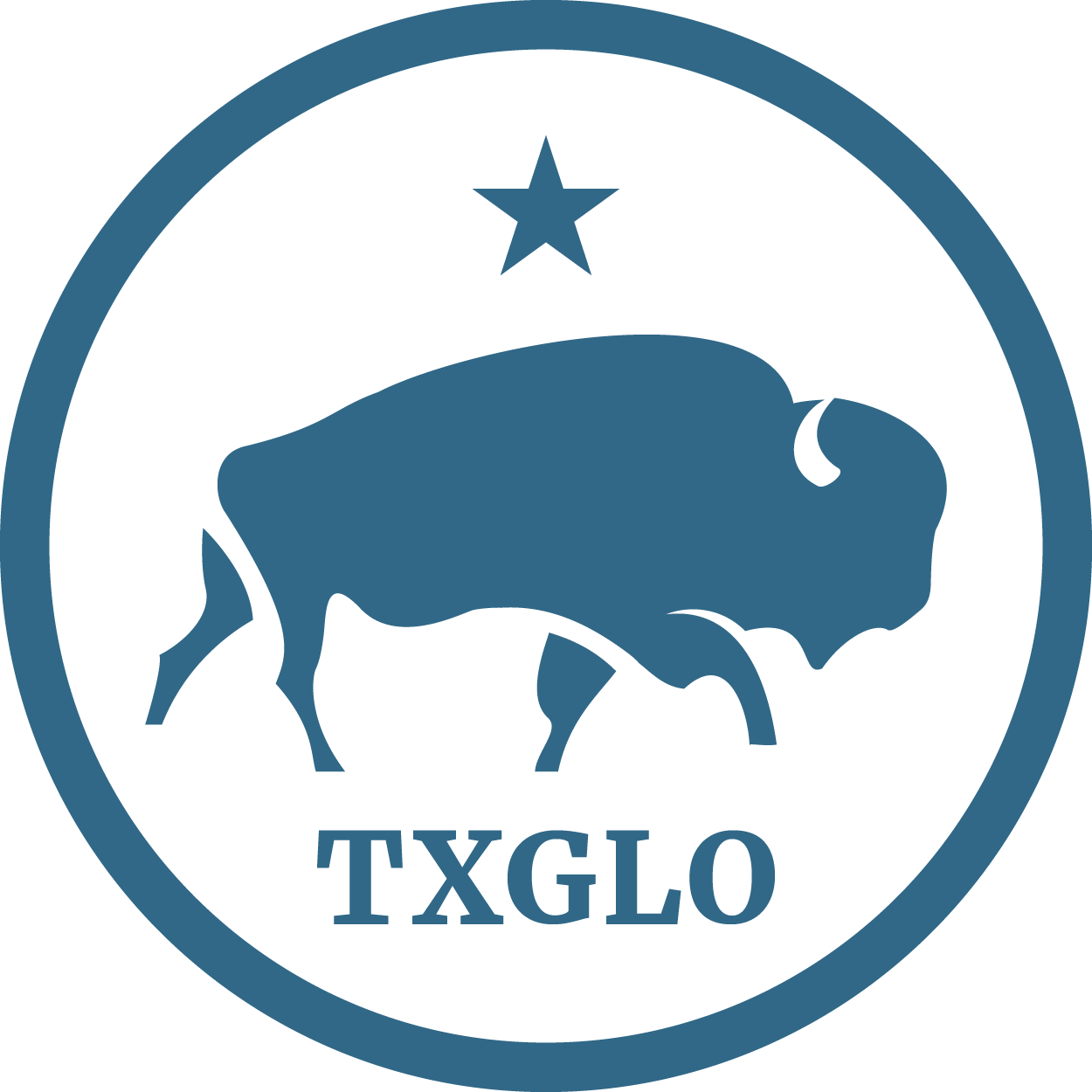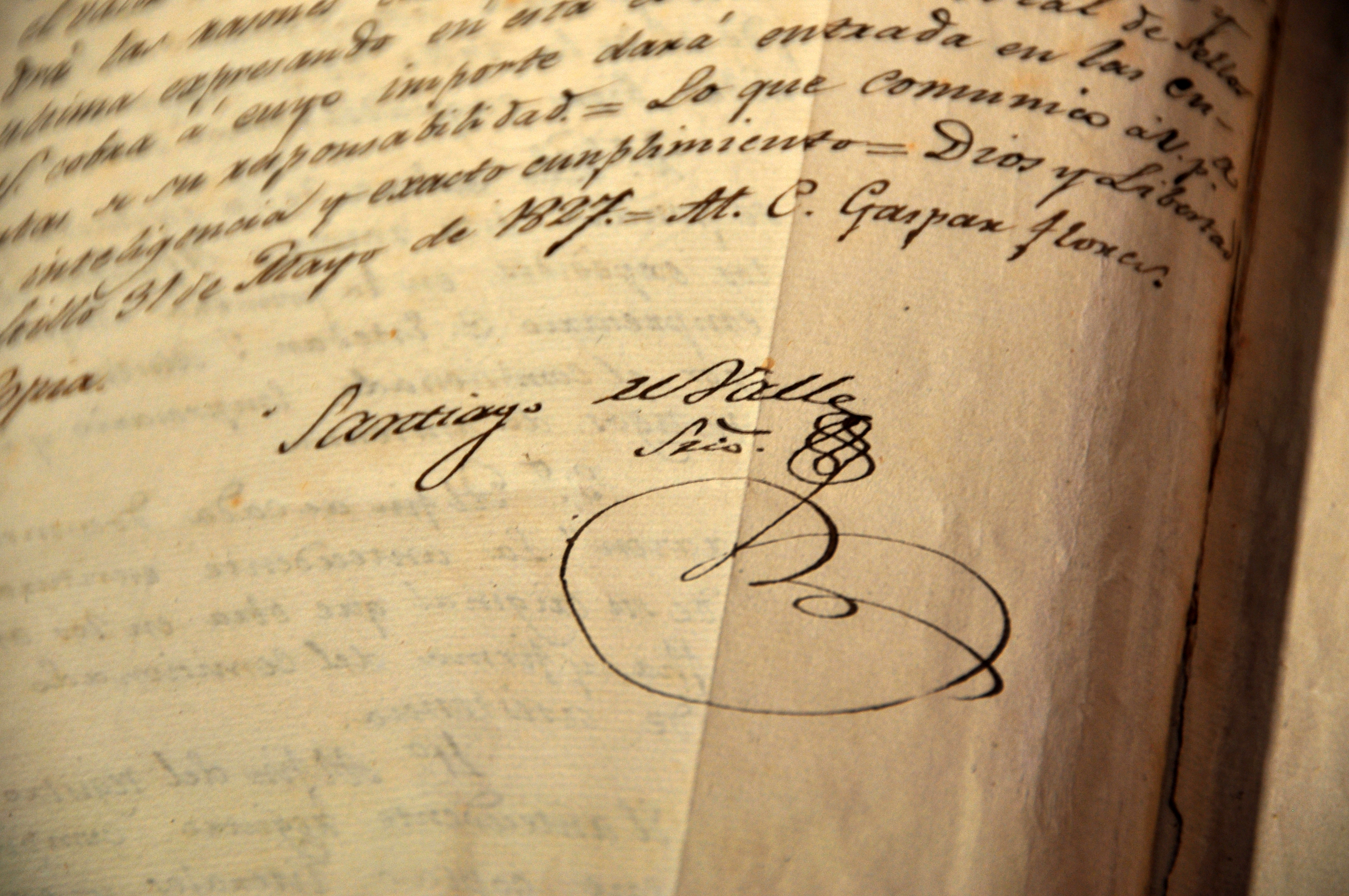Today Texas Land Commissioner George P. Bush announced the Texas General Land Office (GLO) approved $25,156,559 in Hurricane Harvey disaster recovery grants to improve streets as well as water and drainage facilities in the cities of Beaumont, Bevil Oaks, Port Arthur and Rose City. These infrastructure projects will benefit nearly 175,000 residents in the area.
"Hurricane Harvey devastated communities across the Texas Coast," said Commissioner Bush. "These recovery funds are critical to improving local infrastructure that will protect lives, homes and businesses from future storms. We continue to work with our partners in communities across the region to leverage these resources efficiently and effectively to benefit Texans affected by Hurricane Harvey."
City of Beaumont water facility improvements - $9,861,717
During Hurricane Harvey, floodwaters compromised the existing raw water line, prohibiting the city from processing raw water into fresh water. With these funds, Beaumont will conduct improvements at the Pine Street Water Treatment Plant to facilitate uninterrupted potable water for the city, which will ensure optimum water service in emergency situations. Construction includes the installation of a 42-in steel pipe waterline, a 36-in steel pipe waterline, manholes, a dish head plug as well as pavement replacement and site work.
City of Bevil Oaks street improvements - $2 million
With these funds, Bevil Oaks will rehabilitate more than 66,000 linear feet of existing streets by repairing and reconstructing the driving surface, sub-grade, and road base. The improvements will facilitate proper stormwater conveyance and provide continued ingress/egress to the area. Construction will take place at the following locations:
- Alaskan Drive
- Black Gum Avenue
- Capitol Drive
- Carroll Lane
- Craig Lane
- Davida Drive
- Inwood Drive
- Leaning Oaks Drive
- Moss Hill Drive
- Natchez Drive
- North Riverbend Drive
- River Road
- River Oaks Boulevard
- Riverbend Drive
- Rolling Hills Drive
- Saddlewood
- Shipley Drive
- Sweetgum Drive
- Thousand Oaks Drive
- Village Lane
- Wayside Drive
- Yellowstone Drive
- Chimney Rock Drive
City of Port Arthur drainage improvements - $11,294,842
Heavy rainfall from Hurricane Harvey overwhelmed inadequately sized culverts and low water crossings in the city and prohibited stormwater from draining effectively. With these funds, Port Arthur will install new storm sewer pipes; replace storm sewer culverts; regrade roadside ditches; install outfall ditches and inlet boxes; and provide fill and embankment work, topsoil, and associated pavement repair. Improvements will take place on all streets in the El Vista neighborhood and throughout the Port Acres community. Additionally, Port Arthur will re-shape and create new retention basins near the Babe Zaharias Golf Course.
City of Rose City drainage improvements - $2 million
Floodwaters caused by Hurricane Harvey inundated undersized drainage channels in the southern portion of the city and prohibited stormwater from draining effectively. Rose City will use these funds to improve existing drainage facilities by clearing, grubbing and excavating the drainage channel as well as installing concrete lining and road crossings. Construction will take place at the following locations:
- The existing channel between Rose City Drive and Peacock Street
- The existing channel parallel to Camellia Street
- The existing channels running north to south and east to west between Rose City Drive and Cardinal Drive
Texas GLO Hurricane Harvey Recovery Funds:
Commissioner George P. Bush and the Texas General Land Office was appointed by Governor Greg Abbott to lead the historic Hurricane Harvey housing recovery efforts funded by $5.676 billion in Community Development Block Grant Disaster Recovery (CDBG-DR) funds from the U.S. Department of Housing and Urban Development.
The GLO allocated $413 million of the allocation for infrastructure projects to protect communities affected by the storm. The GLO allocated the funds to regional Council of Governments’ (COGs) based on a HUD approved needs assessment. The locally-led COGs then conducted methods of distribution (MODs) for determining infrastructure and buyout and acquisition amounts for cities and counties within each jurisdiction. COG boards are comprised of officials from the impacted communities elected in part to prioritize funds allocated for recovery programs. The MOD process requires public engagement and the GLO reviewed each MOD for compliance with federal rules and requirements before approving each plan.
To review the approved MODs, please visit
https://recovery.texas.gov/action-plans/hurricane-harvey/index.html.








